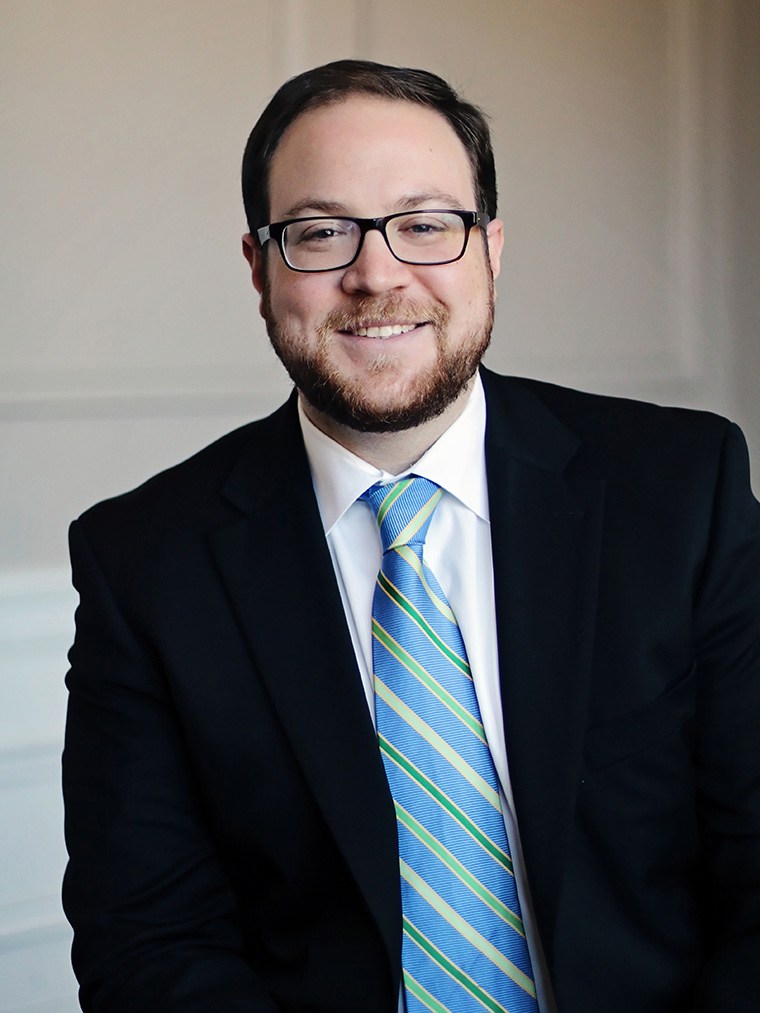Scott Harrison '02
Executive Director of the Los Angeles Chamber Orchestra
 Scott Harrison is the Executive Director of the Los Angeles Chamber Orchestra. In his three seasons with LACO, Scott has worked with the orchestra’s board to renew and grow the organization, which has seen three of its four highest grossing concert sets ever under his leadership, as well as significant revenue and individual-giving growth. Scott’s work with the orchestra has paved the path for LACO’s future vitality and vibrancy.
Scott Harrison is the Executive Director of the Los Angeles Chamber Orchestra. In his three seasons with LACO, Scott has worked with the orchestra’s board to renew and grow the organization, which has seen three of its four highest grossing concert sets ever under his leadership, as well as significant revenue and individual-giving growth. Scott’s work with the orchestra has paved the path for LACO’s future vitality and vibrancy.
Having previously worked for the Indianapolis, New Jersey, Boston and Dallas symphony orchestras, Harrison holds degrees from Northwestern University and Southern Methodist University’s Meadows School of the Arts. Deeply committed to music education and the power of cultural diplomacy, he serves as a founding board member of BLUME Haiti, an organization that works with Haitian and international partners to develop leadership skills in young musicians and create opportunities for social and civic change through music. In March 2017, he helped implement the inaugural National Orchestra Institute in Haiti. Harrison was selected to participate in National Arts Strategies Chief Executive Program: Community and Culture, bringing together 50 arts executives from 34 states and 18 countries who are working to lead change in their organizations, communities and in the cultural field.
|
How did your political science degree impact your career development? "At Northwestern I was pursuing a degree in the Bienen School of Music simultaneously with my degree in political science. My political science degree gave me an emerging sensibility about the effort I would need to invest in understanding diverse and divergent communities. In this incredibly fragmented society we live in the ability to listen and to empathize are tools that we can constantly call on to make sense of the world. I still regularly call on the fundamental analytical, qualitative, diplomatic and communicative tools that were reinforced through my courses in my current work." |
What do you wish you knew as a student? "I would tell myself to focus my energy on embracing the widest range of educational experiences possible to provide myself for the twists and turns my career would inevitably take. I would also tell myself to invest in the relationships I was building with professors and with friends, because long after the details of lectures and coursework have faded from my memory, the support network, the friendships and the mentorships I formed remain the greatest asset of my college experience." |
|
How did your professional goals evolve since graduation? "While my professional goal - the desire to lead organizations and people to make a difference - has largely remained the same, my understanding of what it actually takes to accomplish that goal and the type of work I need to do to better pursue it has continually evolved. If you asked me as a student, I would probably have told you that a leader makes decisions. Now I understand that a leader inspires others to action, a leader listens, a leader provides resources and tools that allow others to be successful, a leader takes responsibility, and a leader ensures that the organizational culture is aligned with the organization's mission." |
How did your political science courses prepare you for professional challenges? "My political science courses at Northwestern gave me insight into the conditions and tensions propelling some of the world's most intractable conflicts, as well as how thoughtful leaders bridge group divides and negotiate to mutual benefit to affect lasting change. Thankfully I don't deal with global or national conflicts, but the tools for addressing competing needs and empathizing with divergent viewpoints are often similar regardless of the scope of the problem, and the perspective that solutions can be found in even the most dire conflicts gives me the confidence to know that I can overcome the obstacles that come up in my work." |
